When visiting CHEO, you may be approached by trained research staff with a request to engage in research. This might mean completing a survey, reading the information, providing samples, sharing feedback, etc. There is a broad range of ways to get involved! Whether or not you participate will not impact your care and is always your choice.
If you are interested in participating in an area of study, please review our areas of research and email [email protected] to let us know which areas you would like to participate in, and we will make sure you are in touch with the researchers who have active studies in that area.
Studies Currently Recruiting
-

Exploring the potential of TIL therapy for pediatric solid tumors and lymphoma
-

Investigating the Experiences, Perspectives, and Knowledge of Canadian Youth Regarding Cannabis and its Usage
-
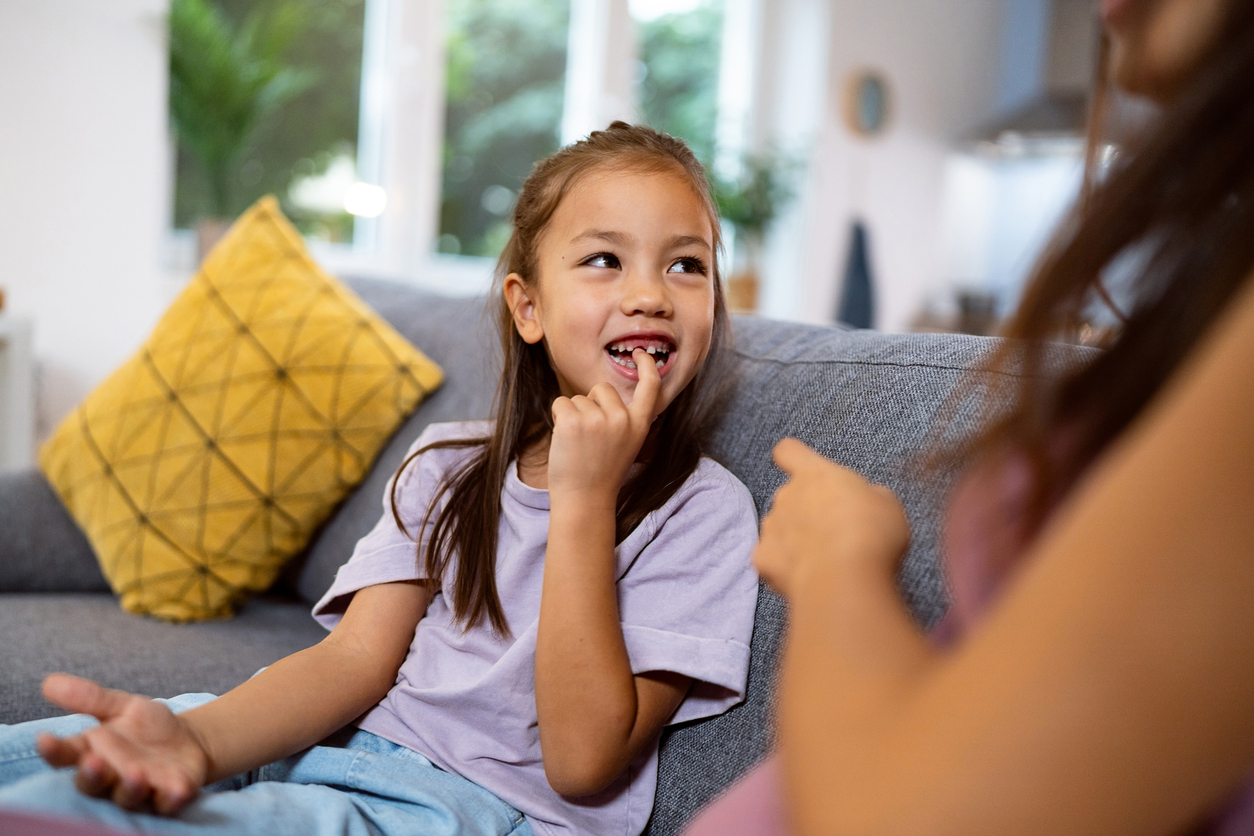
The Relation of Primary Teeth and Mental Health Conditions: Leveraging Tooth Fairy
-

Testing the App-based Global Adolescent and Child Physical Activity Questionnaire
-

Cohort Network for Adolescents and Youth with Multiple Mental Health Conditions (CALM): A Master Observational Trial
-
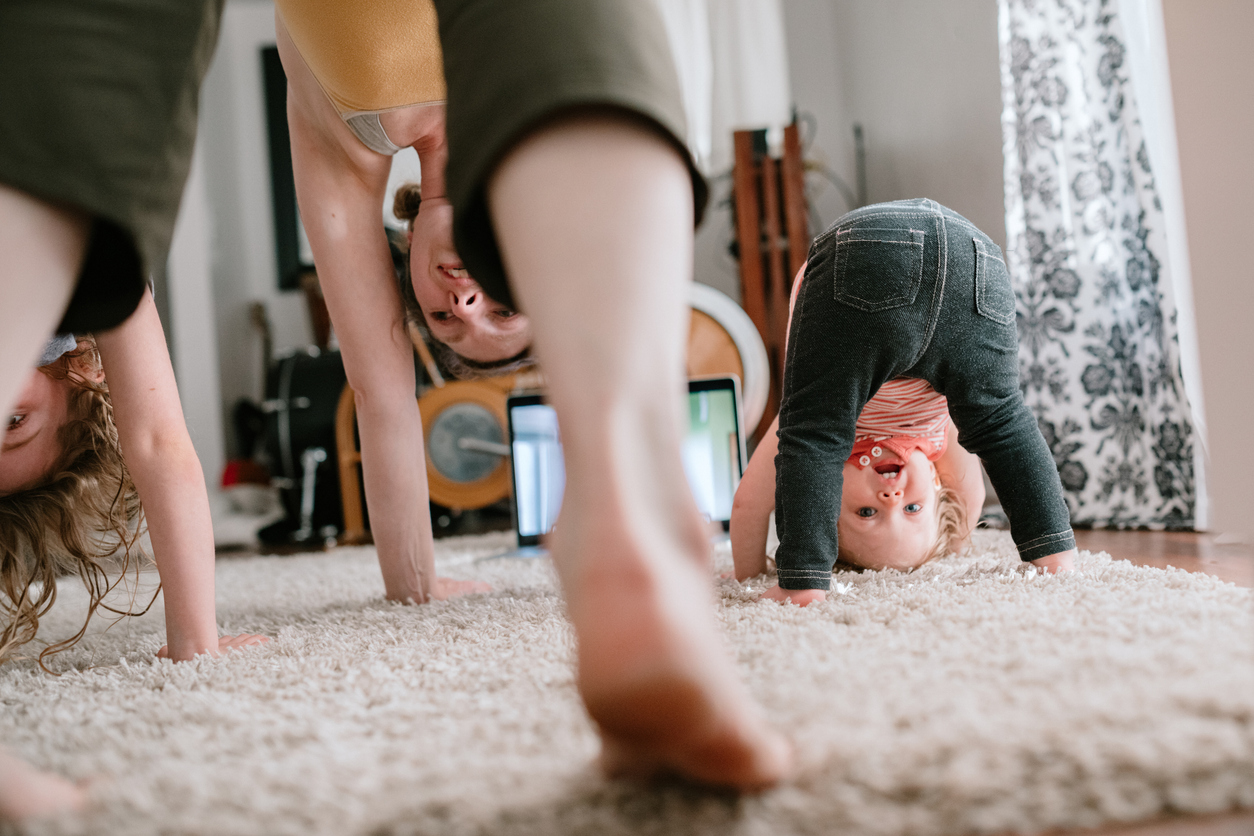
Preventing Sedentary Lifestyles among Children Born with Congenital Heart Defects; A feasibility study of physical activity after surgical or catheterization intervention
-
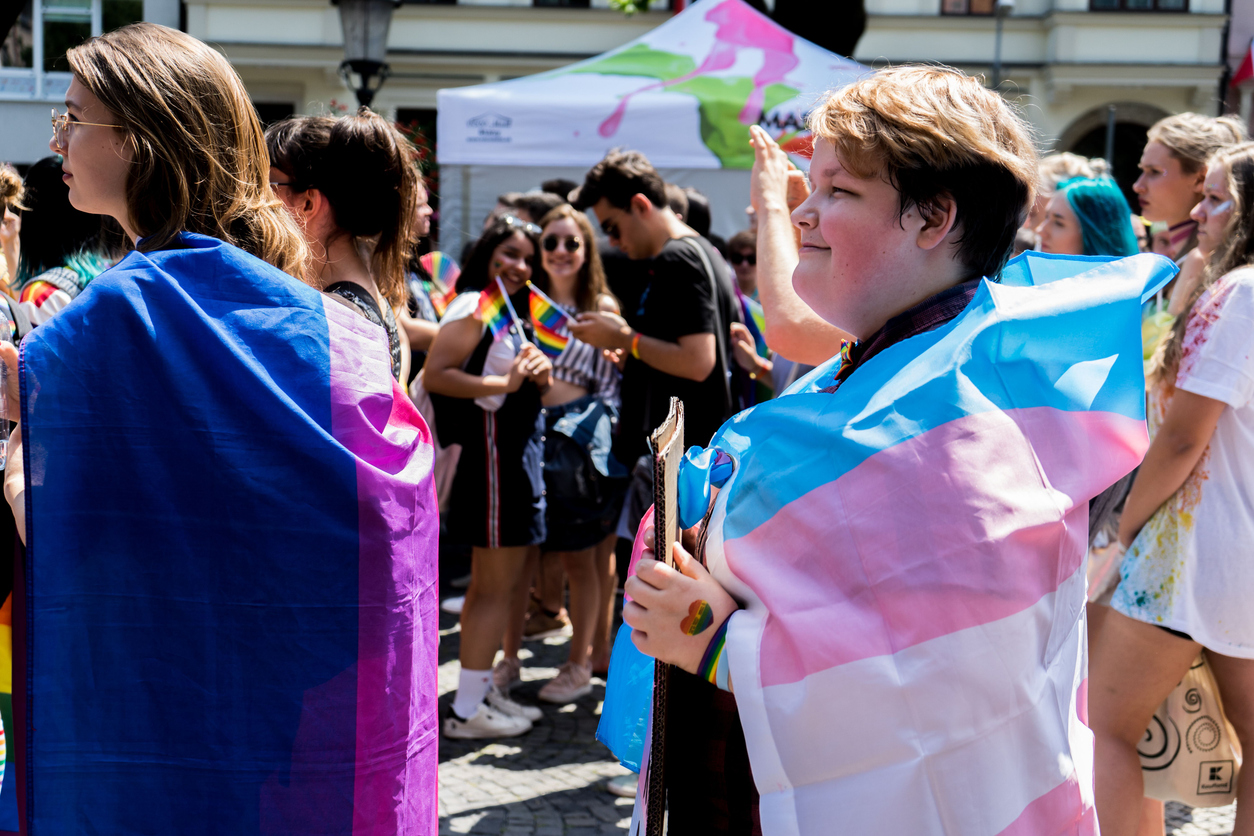
Needs assessment for gender related healthcare transition from pediatric to adult care for transgender and nonbinary youth
-
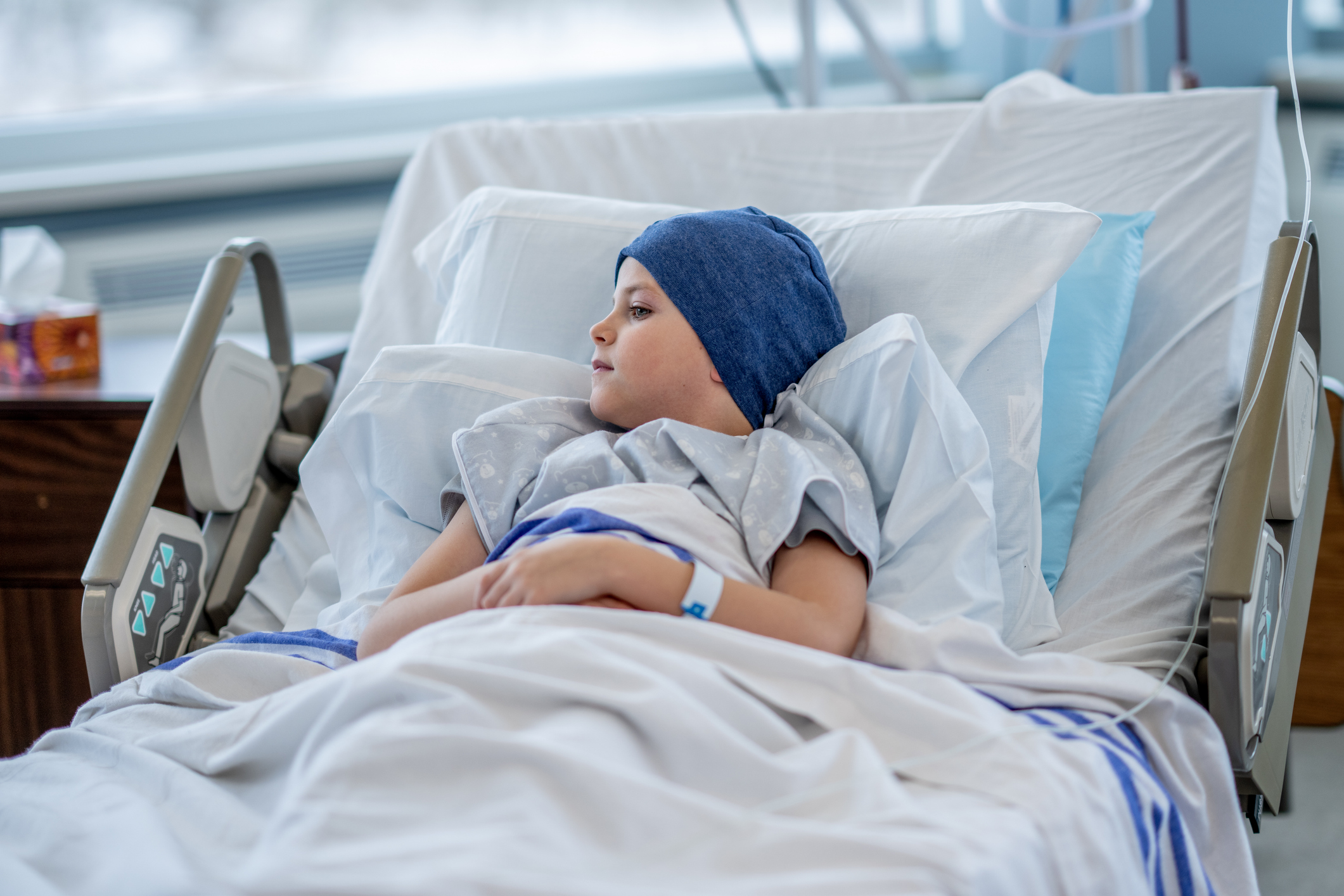
LOGGIC/FIREFLY-2: A Phase 3, Randomized, International Multicenter Trial Of DAY101 Monotherapy Versus Standard Of Care Chemotherapy In Patients With Pediatric Low-Grade Glioma Harboring An Activating RAF Alteration Requiring First-Line Systemic Therapy
-

Provider Perspectives on Precision Medicine Approaches in Mental Health
-

PROTOCOL-1: Pneumococcal vaccine research trial
-
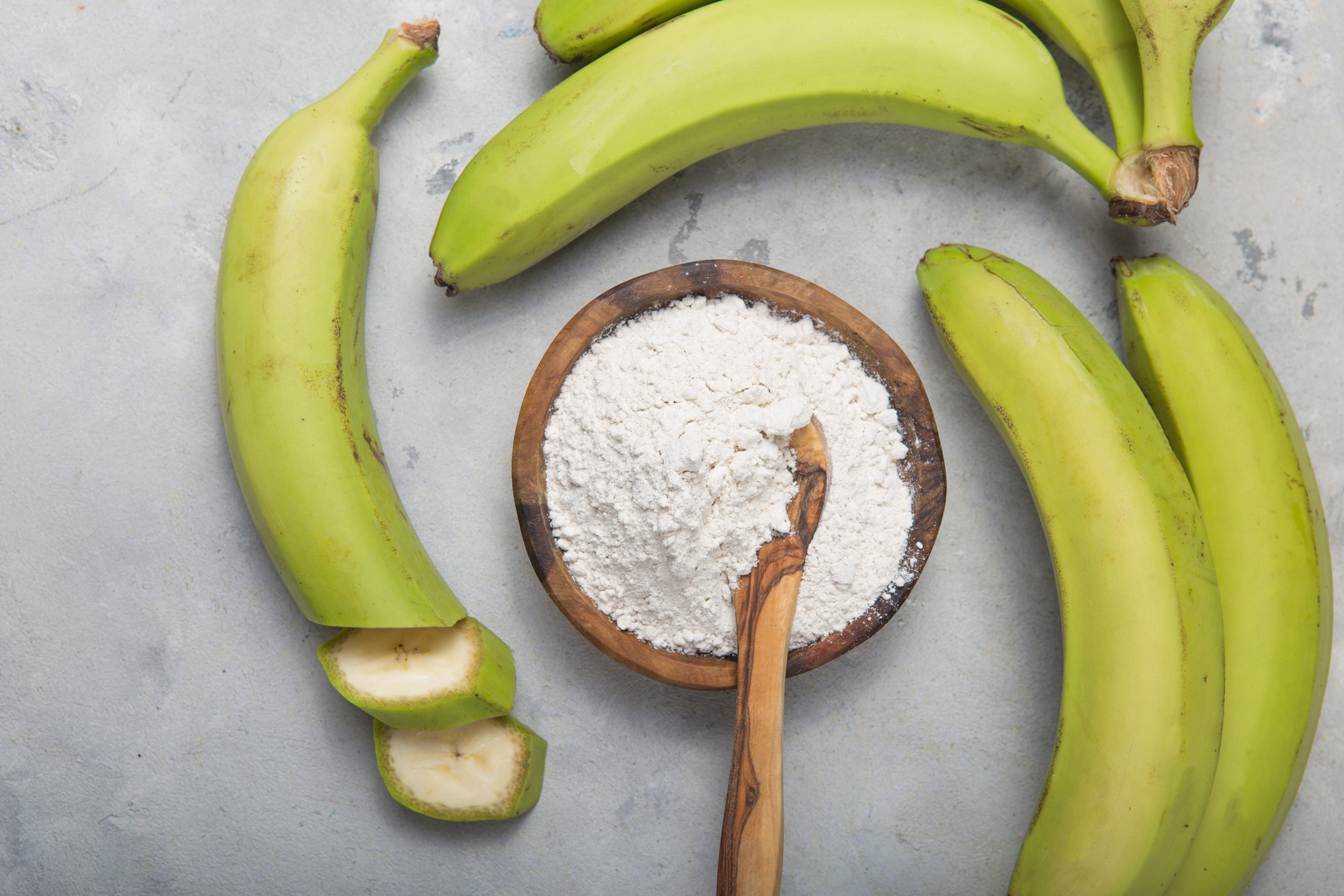
The PROMOTE Trial: PRecisiOn Microbiome Directed ExtensiOn of Anti-TNFα Crohn’s Disease ThErapy in Children
-

Evaluating a self-directed, web-based training for an ADHD strength-based diagnostic interview
Research Connection
Research Connection is a program that connects families to research opportunities at CHEO.
It allows CHEO Research Institute approved researchers, acting as agents of CHEO, to contact CHEO families, children and youth directly to ask if they would like to learn more about a specific study that they are matched to based on eligibility criteria.
This means you might be contacted in one of three ways:
- a notification in MyChart if you or your child has an active account; or
- a phone call; or
- be approached by a CHEO researcher at your in-clinic appointment or visit.
Starting on February 1, 2025, any child or youth currently aged 21 and under who receives services at CHEO is automatically included in the Research Connection program, unless they choose to withdraw from the program.
This includes all new patients of CHEO following their first appointment or visit at CHEO, unless they choose to withdraw from the program.
Helpful Resources
Here are some resources to help you feel more confidant when navigating the world of research at CHEO.
Will you help shape the treatments of tomorrow? Every clinical trial needs people just like you! This video is about clinical trials by the Network of Networks (N2) and how to learn more at www.itstartswithme.ca.
The Nuffield Council on Bioethics worked with Mosaic Films to produce this short animation which conveys some of the key themes of the Council’s report ‘Children and clinical research: ethical issues’ from the perspective of Mia – a character who goes through some of the questions and issues that might be raised when a young person is invited to take part in clinical research.
You will encounter many different people in various roles when you engage in research at CHEO. This video explains “who does what” including the roles of investigators, research coordinators, assistants, volunteers, trainees, and the ethics team that oversees your safety. Special thanks to the Algonquin College Interactive Media Management program for the production of this video. Kudos, Marida Waters, Joël Boudreau, Helen (Ye) Yang!
Dictionary for Commonly Used Terms in Clinical Research
Assent Form: A written document that describes all aspects of the research study that would be relevant to a child’s decision to participate in a research study, written in language that is appropriate for the intended age of the children being asked to participate.
Clinical Research Trial/Study: Research study that uses human participants to increase our knowledge in a carefully planned and controlled way. Clinical trials use humans as participants either directly (survey questions, blood tests, physical examinations, etc.) or indirectly (a review of medical records). The term clinical trial and clinical study are interchangeable.
Informed Consent: Voluntary agreement by a parent or guardian for their child to participate in a research study after having been informed of all aspects of the research study.
Informed Consent form: A written document that describes all aspects of the research study that are relevant to their decision to participate. This includes the reason for the study, how many people will participate, what is involved (tests, treatment, questionnaires, etc.) and the timing, the risks and benefits of participating, the alternatives to participating, the confidentiality, privacy and rights of the participants, whom to contact for questions, as well as a section for participant signature.
Control Group: A group of participants in a research study who do not receive the experimental intervention being studied. Results are determined by comparing the control group to a group who received the experimental intervention.
Efficacy: How well a treatment or intervention works in a clinical research study.
Eligibility: The determination of who can participate in a particular research study based on criteria specific to each study. Criteria include factors such as age, gender, medical history, diagnosis, etc.
Intervention: The entity or thing (drug, vaccine, psychological care, diet, device, etc) that is being researched.
Investigator: The person responsible for the conduct of the clinical research study. If the study is being run by a team of individuals, then the team leader is referred to as the Principal Investigator.
Participant: Individual who participates in the research study.
Phase (of a Clinical Trial): Clinical trials involving new medications are commonly classified into four phases:
- Phase I studies determines whether the medication is safe in humans. These studies can involve healthy volunteers, as well as ailing participants. The number of participants is usually very small. They typically determine the dose or range of doses to use in the phase II study.
- Phase II studies determine whether the medication may have any biological activity or efficacy in order to determine if the medication should continue to be researched. Safety will also continue to be monitored.
- Phase III studies determine the drug’s efficacy in a large number of participants. These studies are typically randomized.
- Phase IV studies determine and monitor any of the medication’s long term effects.
Placebo: An inactive pill, substance, or other intervention that does not affect the disease or condition being studied. Some research studies involve a group of participants who receive the experimental intervention and a group who receive a placebo intervention. Results are determined by comparing the data from the two groups. Placebos help investigators determine if the experimental intervention is the cause of responses exhibited by the participants.
Protocol: A written detailed document that describes in detail the research study. It includes the scientific basis for the study, the question being asked in the study, a description of who is allowed to take part, information about study treatments, the procedures associated with the study, the possible benefits or risks, and other important information.
Randomization: Some research studies randomize participants. This means that the participants are put into a treatment/intervention group by chance, like flipping a coin or pulling a number out of a hat. This is used in order to make sure study results are fair.
Research: This is the gathering of data, information and facts for the advancement of knowledge.
Research Ethics Board (REB): A committee dedicated to ensuring the rights, safety and well-being of the participants of a clinical research study. For more information, see (link to REB page).
Side Effect: Any action or effect of an intervention that is not the intended effect or action of the intervention. For example, many people take medications to help with allergies, with the intention of decreasing their stuffy nose, and itchy eyes. However, a common side effect of allergy medications is drowsiness, as this is not the intended action/effect of the medication. Typically side effects are negative effects such as headaches or nausea, but could also be positive.
Study Sponsor: Study sponsor means an individual, company, institution or organization which takes responsibility for the initiation, management and/or financing of a clinical trial.
Frequently Asked Questions
Is This Study Right For My Child?
Before agreeing to take part in a research study, it is important to decide whether or not the study is right for you, your child and your family. This page has questions that may be of importance to you. Every study is different and has different levels of involvement and commitment of time.
What is clinical research?
Clinical research is any study involving human participants to gain a better understanding of how the body works and how diseases affect different people. Typically, clinical research comes after basic science research (experiments in cell cultures and animals).
There are many goals that clinical research can have, such as:
- Testing a new treatment to determine its effect in comparison to a mock treatment (also called placebo or sugar pill) or a treatment currently in use
- Looking for causes of a disease or a condition
- Determining the impact of a disease or an intervention on a patient’s quality of life
- Determining the best way to prevent or diagnose a disease
- Determining the prognosis of a disease (the likely course of the patient’s disease or condition)
How is clinical research different from medical care?
The main difference between medical care and clinical research is their goals. The sole purpose of medical care is to improve a particular child’s health by treating their illness or injury. The primary purpose of clinical research is to gain knowledge so that treatment can be improved for all children. While some research studies may offer possible benefits to the participants, direct benefit for a specific child is not the main goal. In clinical trials, treatment is determined by a set of rules called a protocol. The protocol describes how your child will be treated, what tests your child will receive and when your child will visit their physician. Clinical trials often require the collection of more data than would be required for routine medical care, therefore more frequent visits with a physician and closer monitoring are usually associated with clinical trials.
As part of the study, will my child be given treatments or tests that are different from what they would receive in routine medical care?
Sometimes research studies require extra tests or treatments that may not normally be required for routine medical care but not always. If extra visits or tests are needed be assured that they have been carefully determined in order to ensure that the maximum amount of information can be gained from the clinical trial. For example, if a child were to come to the emergency department with a broken ankle it is normal for them to get an x‐ray and to return to see the Orthopedic doctor in 10 days. This would still happen but as part of the research the child might receive an MRI of their ankle and receive a follow up phone call from a research assistant after a few days to collect data on how the child is doing. All aspects of the study that are not part of regular care will be explained to you by the study doctor or researcher.
Why does clinical research have to involve children?
Children are not the same as adults, but without doing research in children we have to treat them as though they are. Since children are still developing their brains and bodies, treatments can affect them differently than adults, and conducting research with child participants will help us find treatments and dosages meant specifically for children
Who can participate in a clinical trial?
Every study has a protocol that indicates who can participate based on detailed inclusion and exclusion criteria. These criteria include factors such as age, gender, medical history, diagnosis, etc. The criteria are used to identify appropriate participants, to keep patients safe, and to help ensure that studies will give accurate results.
Does my child have to participate in a research study?
No, participation in research is completely voluntary. If you decide that you don’t want your child to participate in a research study, your decision will not affect your child’s medical care at CHEO.
What are the benefits and risks of participating in a clinical trial?
Benefits and risks vary from study to study, but the following points can be applied to most:
Benefits:
- Clinical trials provide an opportunity for participants to play a more active role in their own health care.
- Clinical trials provide access to experimental treatments before they are widely available.
- Participants will obtain expert medical care during the trial.
- Clinical trials help others by contributing to medical research. With increasing numbers of trials assessing genetics, the people who benefit may include your family members.
Risks:
- The experimental treatment may not be effective for the participant.
- The treatment may be effective, but the participant may be assigned to a group that does not receive the treatment.
- The protocol may require more of your time than routine medical care.
How is the safety of the participant protected?
All clinical trials must be approved by CHEO’s Research Ethics Board. This process is designed to protect the rights, safety and well‐being of study participants. It is also designed to ensure that the goals and approach of the study are scientifically valid and appropriate. Research Ethics Boards contain experts in scientific areas, the conduct of research, research ethics, federal and provincial laws that govern research and at CHEO, the issues of importance to understanding children and their development.
Who Will Have Access to the Information Collected for the Study?
Only the members of the research team have access to the information collected for a research study. The members of the research team may be located here in Ottawa or in other parts of the country, depending on the particular study. The data that they will have access to will be labelled with a study number and won’t include participants’ names. All of the information collected will be kept in a password‐protected database.
What is Informed Consent?
A parent or guardian will be asked to read and sign a form called an Informed Consent Form before their child can participate in a clinical trial. The form describes all aspects of the research study that are relevant to their decision to participate, including:
- The reason for the study
- How many people will participate
- What is involved (tests, treatment, questionnaires, etc.)
- An outline of the schedule of visits and testing required
- The risks and benefits of participating
- Any payments/incentives to you
- The alternatives to participating
- The confidentiality, privacy and rights of the participants
- Whom to contact for questions
You are encouraged to ask the research personnel to explain anything you do not understand in the Informed Consent Form. By signing the consent form, you are giving your child permission to participate in the study, but it is not a contract and you may withdraw your child from the study at any time without having to give a reason. CHEO’s Research Ethics Board reviews all Informed Consent Forms before any families see them.
What does assent mean?
Some studies require both parental permission and the child’s “assent” in order for a child to participate. Assent means that the child actively agrees to be in the study. Age, maturity, and psychological state are considered when the REB determines whether assent is necessary. If some or all of the children are deemed capable of giving assent, the REB will ensure that adequate provisions for obtaining assent are in place. Assent forms are not as detailed as informed consent forms for parents, however they provide information on the study in a way that the child can understand.
If I enroll my child, can they leave the study early?
You are free to withdraw your child from a study at any time. In some cases, an abrupt or quick withdrawal from the study treatment might affect your child’s health, therefore, do not stop your child’s treatment without notifying the research team. The research team can also explain the necessary steps for withdrawing your child (i.e. if you need to return medical equipment you had for the study).
How Long Does A Research Study Take?
Some studies may take a few hours. Others may take a few days, months or years. Each study is different. The amount of time a study takes depends upon the research question being asked. Whenever possible, researchers always will combine the study visit(s) with the regular scheduled clinic visit(s).
Who provides my medical care when I am participating in a research study?
Most studies involve principal investigators who have experienced research nurses and support staff working with them. All staff involved with a specific study will have received training corresponding to the research study (i.e. any common side effects). Research staff are fully prepared to give your child the same close attention and treatment that they would receive from routine medical care.
Will I receive results from tests done on my child as part of the study?
Your child’s results from routine laboratory tests and examinations can normally be given to you. However, some tests are run years after the specimens are obtained purely for research. When this is the case, your child’s results will not be returned to you
Will I ever know the results of the study?
Our Research Ethics Board requires researchers to provide a means for families to see the results of the research they have participated in. Researchers do this in a variety of ways including, sending a letter to your home, posting the results on a website so all families can see them or providing a person to contact should you wish to know the results. We also have many of our studies listed in our Research Projects section, and results are shared through our Discovery Minute Videos. Study results are often published in a journal or in another form of media such as a conference presentation. To access a list of CHEO’s publications, contact [email protected]
Safety and confidentiality
We are committed to keeping your information safe and confidential and follow strict regulations about collecting, using, and disclosing your information. Please click here to learn more about privacy and confidentiality.
We attempt to make our website documents accessible however, in certain circumstances some documents are in PDF format and may not fully meet the AODA accessibility requirements. If you require assistance or communication support, please contact [email protected].




